Trudeau vows strong response to Trump’s tariffs
- Update Time : Thursday, February 13, 2025
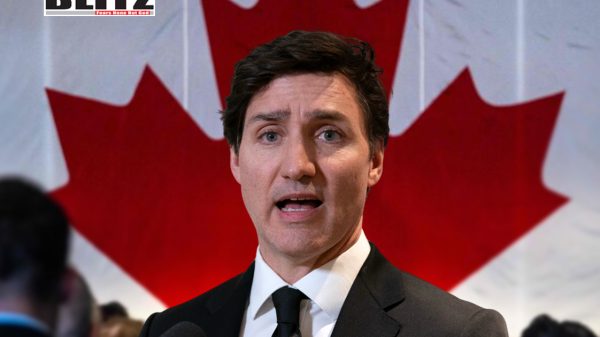
Canadian Prime Minister Justin Trudeau has strongly denounced the recent decision by US President Donald Trump to impose a 25% tariff on steel and aluminum imports, calling the measure “unacceptable.” The announcement has triggered immediate reactions from major US trading partners, including Canada, Mexico, the European Union, and South Korea, all of whom are bracing for significant economic repercussions. Trudeau has vowed that Canada will “stand up strongly and firmly” against these trade restrictions, promising retaliatory measures if necessary.
The tariffs, announced on February 10, are set to take effect in March and will be applied universally, without any exemptions for allies. This move represents a major shift in US trade policy, reigniting tensions between Washington and its partners and raising concerns over the potential escalation into a full-scale trade war.
Trudeau, speaking at an artificial intelligence summit in Paris on February 11, declared that his government would take “all necessary steps” to protect Canadian workers and industries. “We will not be bullied by these unfair trade practices,” he stated, emphasizing Canada’s role as a dependable and fair trading partner.
Canada is the largest supplier of steel to the US, meaning that these tariffs could have devastating effects on the country’s economy. The Canadian Steel Producers Association (CSPA) has already expressed deep concerns over the impact of these measures. “These tariffs will hurt businesses on both sides of the border,” said CSPA president Catherine Cobden. “We urge the US administration to reconsider its approach before it does irreversible harm.”
Trudeau’s administration has hinted at possible countermeasures but has not yet detailed what actions Canada may take. However, trade experts believe that Canada could introduce retaliatory tariffs on key American exports, mirroring the strategy it adopted in response to previous trade disputes with the Trump administration.
The backlash against the US tariffs extends beyond Canada. European Commission President Ursula von der Leyen stated on February 11 that the European Union would respond with “firm and proportionate countermeasures” to protect its economic interests. According to the Financial Times, Brussels has prepared retaliatory tariffs of up to 50% on $5 billion worth of American imports, targeting high-profile products such as bourbon whiskey, Harley-Davidson motorcycles, and motorboats.
Mexico has also reacted strongly to the announcement. Economy Minister Marcelo Ebrard labeled the tariffs as “not justified” and “unfair,” emphasizing that they would damage industries on both sides of the border. Mexico is expected to explore legal actions under existing trade agreements, while also considering economic countermeasures.
South Korea, another major trading partner affected by the tariffs, has voiced similar concerns. The country’s trade officials have indicated that they will take necessary steps to protect South Korean businesses from the economic fallout. Given South Korea’s critical role in supplying steel and other industrial materials to the US, these tariffs could further strain the bilateral trade relationship.
Trade analysts warn that the tariffs could have far-reaching consequences, including supply chain disruptions, increased costs for consumers, and heightened uncertainty in global markets. While the Trump administration argues that the tariffs are meant to protect the US steel industry from foreign competition, many experts believe the move could ultimately backfire.
By provoking retaliatory tariffs from key trading partners, the US steel industry may face a reduction in global demand, negating any potential benefits from protectionist policies. Furthermore, American manufacturers that rely on imported steel and aluminum could see their costs rise, potentially leading to layoffs and slower economic growth.
The tariffs also have significant political implications. Within the US, lawmakers from both parties have raised concerns about the potential negative impact on domestic businesses and consumers. Many Republican lawmakers, traditionally supportive of free trade, have expressed skepticism over the effectiveness of broad tariffs, while Democrats have criticized Trump for alienating key allies.
On the international stage, the tariffs are likely to strain US relations with some of its closest allies. Canada, the EU, and Mexico have all been key partners in various trade agreements, including the United States-Mexico-Canada Agreement (USMCA) and longstanding economic pacts with Europe. By imposing sweeping tariffs, Trump risks undermining these relationships and igniting a cycle of retaliatory measures.
Despite the heightened tensions, there may still be room for negotiation. Historically, trade disputes of this magnitude have been resolved through diplomatic discussions, revised agreements, or modifications to tariff structures. Some analysts suggest that the US could introduce targeted exemptions for certain countries or industries, reducing the overall economic impact.
Canada, in particular, has options for addressing the situation. Trudeau’s administration could negotiate directly with the US to seek exemptions for Canadian steel and aluminum, emphasizing the deep economic integration between the two countries. Additionally, Canada could work with the EU and Mexico to present a united front against the tariffs, leveraging collective pressure on Washington.
The World Trade Organization (WTO) may also play a role in resolving the dispute. Canada, the EU, and other affected nations could challenge the tariffs under WTO regulations, arguing that they violate international trade agreements. However, the WTO’s dispute resolution process can be slow, meaning that immediate economic consequences may be unavoidable.
Trudeau’s vow to resist Trump’s tariffs signals the beginning of what could be a prolonged and contentious trade battle between Canada and the US With key allies like the EU and Mexico also preparing countermeasures, the stage is set for a broader international trade conflict that could have lasting economic repercussions. While Trump’s administration defends the tariffs as a necessary measure to protect American industries, the move has sparked widespread criticism and fears of economic retaliation.
As Canada and other nations prepare their responses, the coming weeks will be crucial in determining whether this dispute escalates into a full-scale trade war or if diplomatic solutions can be found. For now, Trudeau remains firm in his stance: Canada will not back down in the face of what it sees as unfair trade practices, setting the stage for a high-stakes economic showdown with its southern neighbor.


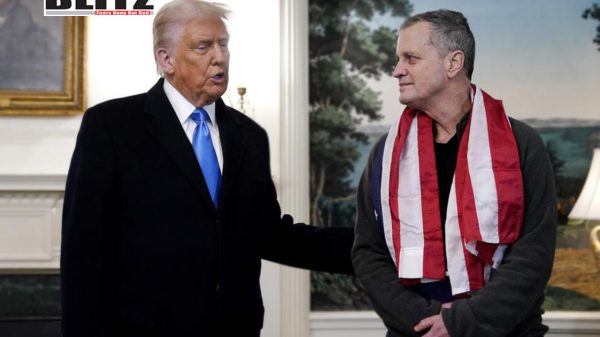



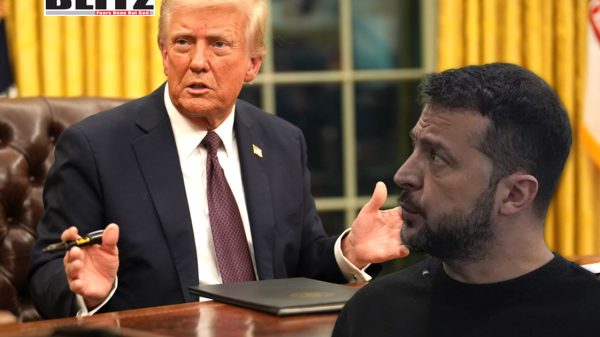

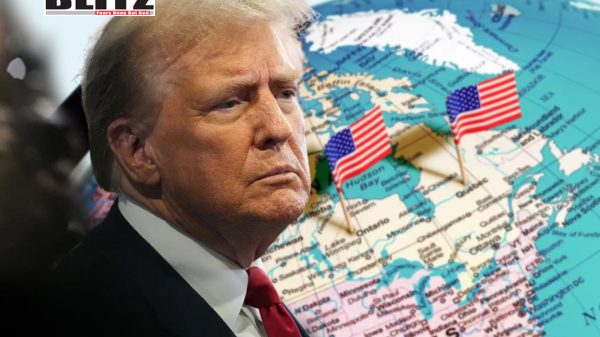



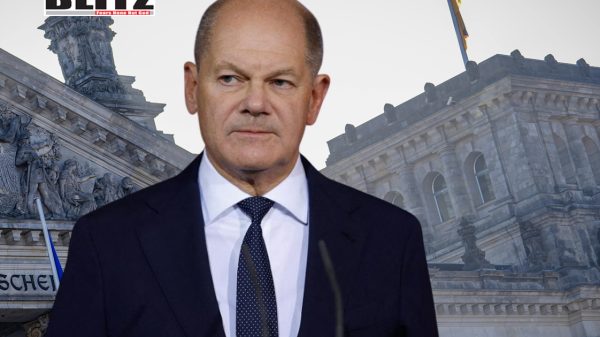


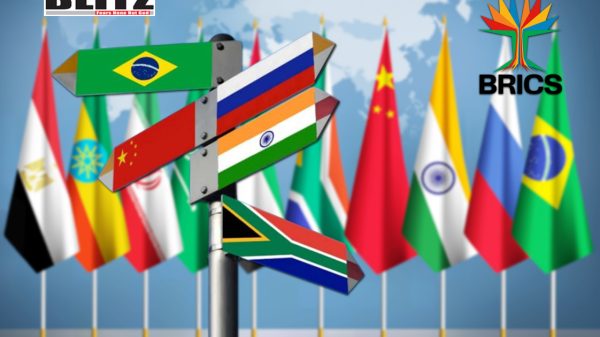

Leave a Reply